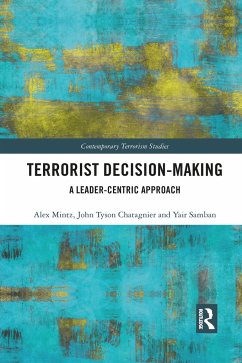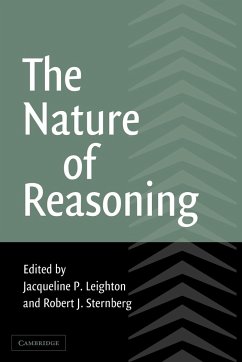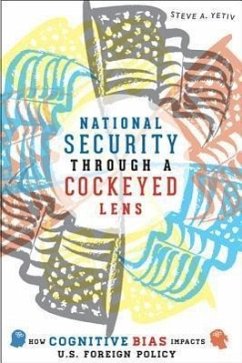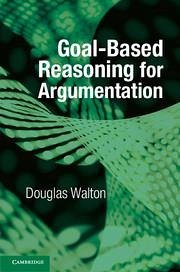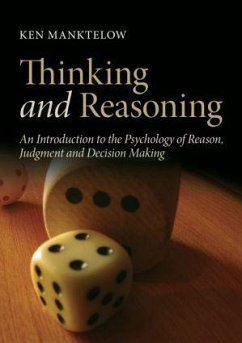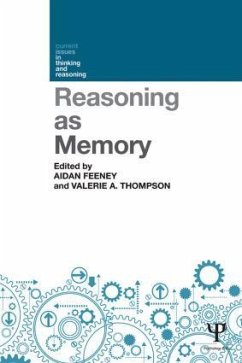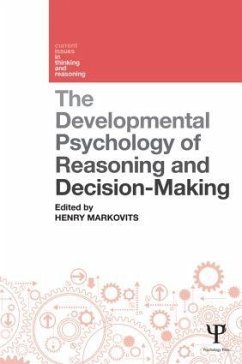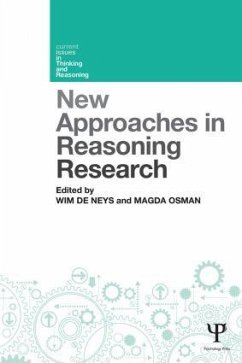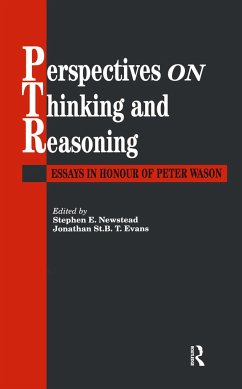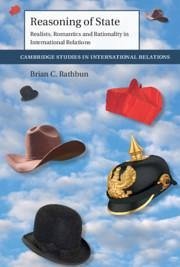
Brian C Rathbun
Broschiertes Buch
Reasoning of State
Realists, Romantics and Rationality in International Relations
Versandkostenfrei!
Nicht lieferbar




Challenges the assumption of the rationality of foreign policy makers in international relations, showing how leaders systematically vary in the rationality of their thinking.
Brian C. Rathbun is a Professor in the School of International Relations at the University of Southern California. He is the author of Partisan Interventions (2004), Trust in International Cooperation (2011) and Diplomacy's Value (2014), which won the best book award from the Diplomatic Studies Section of the International Studies Association. He has published articles in journals, such as International Organization, World Politics, International Security and International Studies Quarterly, among others.
Produktdetails
- Verlag: Cambridge University Press
- Seitenzahl: 350
- Erscheinungstermin: 14. Februar 2019
- Englisch
- Abmessung: 229mm x 239mm x 18mm
- Gewicht: 499g
- ISBN-13: 9781108446181
- ISBN-10: 1108446183
- Artikelnr.: 53691314
Herstellerkennzeichnung
Libri GmbH
Europaallee 1
36244 Bad Hersfeld
gpsr@libri.de
Für dieses Produkt wurde noch keine Bewertung abgegeben. Wir würden uns sehr freuen, wenn du die erste Bewertung schreibst!
Eine Bewertung schreiben
Eine Bewertung schreiben
Andere Kunden interessierten sich für



